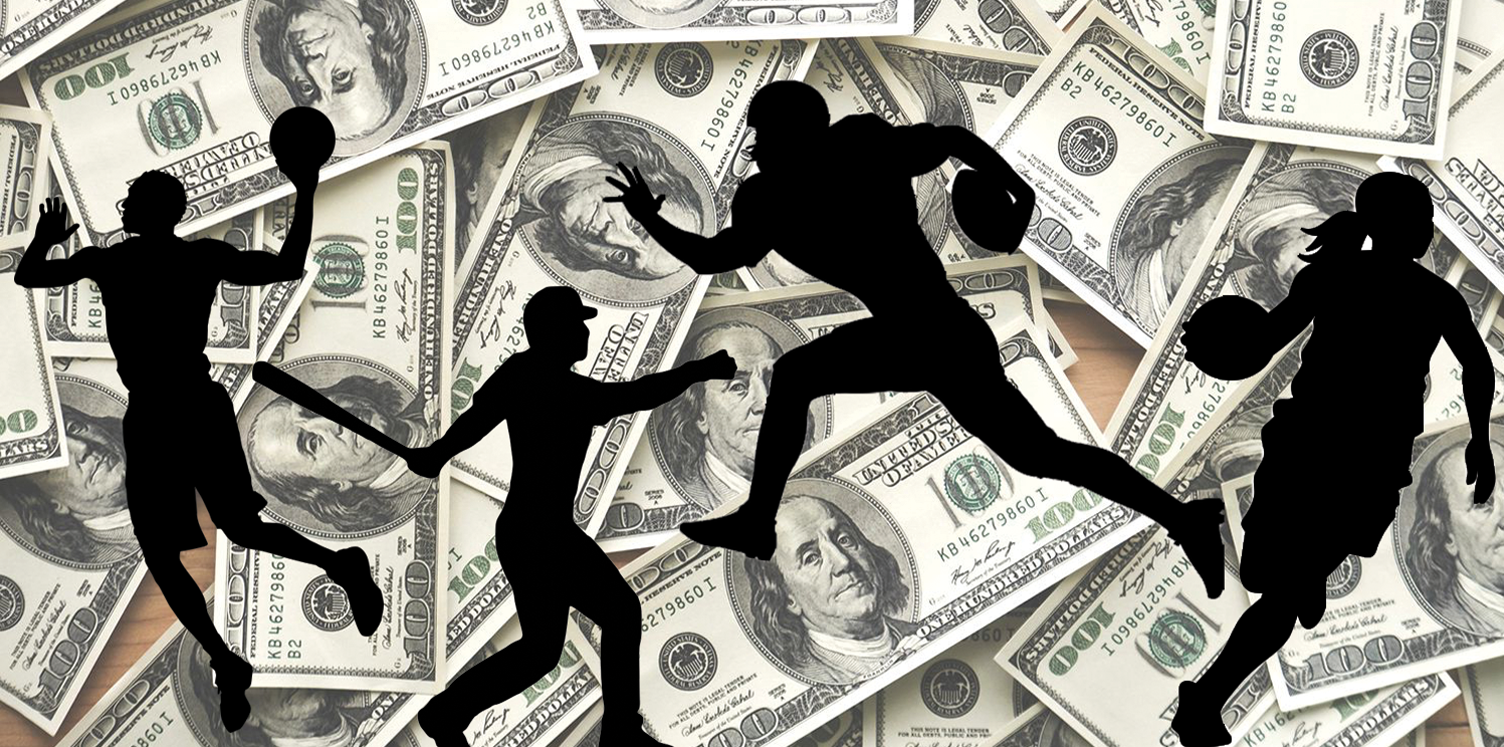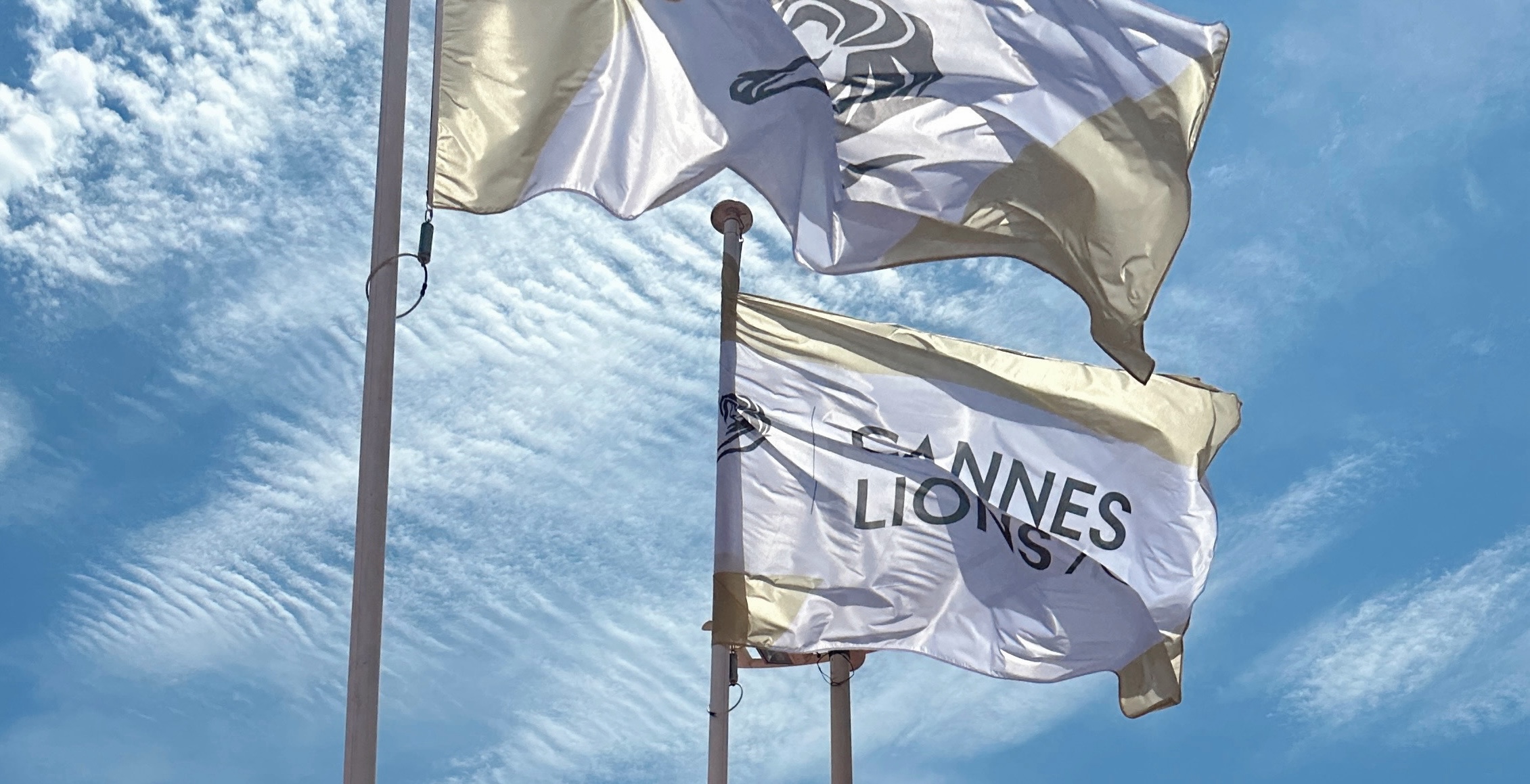Endorsement U, Part 1: Collegiate Athlete Endorsements Are Coming

In this series, TMA will examine the implications of the NCAA’s decision to permit collegiate athletes to be paid for endorsements and sponsorships. This is a developing news story.
By Will Ober, Director, Celebrity & Influencer, Sports
Since its inception more than a century ago, the National Collegiate Athletic Association (NCAA) has contended that athletes participating in competitive sports at member institutions are amateurs – not professionals. After all, the current policies were written long before college sports became a multi-billion-dollar media business, before the existence of many media platforms that enable celebrity status for certain players, and before the NCAA became the de facto farm system for the NFL and NBA.
The NCAA intentionally refers to players as “student-athletes,” reflecting the argument that these athletes are amateurs and distinctly different from professional athletes, and therefore may not be paid in any form for their participation in, or association with, collegiate sports. To secure eligibility to participate in NCAA sports, student-athletes must waive their rights to receive compensation for the use of their names, images, and likenesses (NIL) in the interest of, in the NCAA’s view, preserving amateurism and the organization’s core mission to be an integral part of the educational programs. Further, the NCAA argues that student-athletes are in fact compensated in the form of scholarships, financial aid, housing, books, collegiate campus experiences, meals, insurance, and other benefits.
In recent decades, the arguments behind the amateurism model have become increasingly untenable, due to the explosion of collegiate sports as a major industry that generates billions of dollars for the (nonprofit) NCAA and its member institutions in the form of television and media contracts, sponsorships, game-day revenues, and other incomes – none of which is paid out to the student-athletes whose labor makes it all possible.
Amateurism has been debated for ages, but the tipping point arrived in 2019, when the California State Legislature introduceda statute that would permit collegiate athletes to receive compensation for the use of their NIL – through endorsements and sponsorships – while maintaining their NCAA eligibility and amateur status.
Proponents of the bill argued that college students playing non-NCAA sports are permitted to earn compensation, rendering the NCAA’s policy denying student-athletes the same right unjust. Moreover, Olympic athletes have been permitted to earn compensation from sponsors without jeopardizing their NCAA eligibility.
Notably, California’s bill was limited to NIL and did not call for compensation for collegiate athletes’ participation in college sports. The bill passed unanimously and is set to take effect in 2023. The three-year delay gives the NCAA time to amend and improve its rules and policies related to NIL on a national level, rather than face a patchwork of local and state legislation that could dramatically affect the NCAA’s status and effectiveness as a national governing body.
Absent a uniform, national policy, differences in state rules could create competitive advantages over others and raise questions of fairness, particularly with respect to recruiting. For example, if a student-athlete has the right to earn compensation in California but not in Florida, that student-athlete is immediately incentivized to select a school in California over one in Florida, resulting in an unfair advantage for California schools in attracting recruits.
Colorado passed a bill similar to California’s, and at last count, 33 other states were considering similar legislation. The NCAA has conceded the need for a “modernization” of NIL rules, provided that the players’ “compensation is consistent with NCAA values and principles and with legal precedent.”
In April of this year, its Board of Governors approved the areas for modernizing name, image, and likeness rules for student-athletes. If approved by the NCAA membership, the modernized rules would allow compensation for third-party endorsements related to athletics, without school or conference involvement, and compensation for other student-athlete opportunities such as social media, new businesses, and personal appearances, without institutional involvement or the use of trademarks or logos.
In principle, this will open a world of possibility for brands to partner with collegiate athletes. But many of the specifics are still undefined.
The NCAA now needs Congress to pass a federal law to supersede the states’ legislation and protect the organization’s interests. Members of both chambers of Congress have drafted bills related to the future of college sports. Up for debate are a range of issues including athletes’ health and safety, educational access, voices in policymaking, and commercialization in the form of revenue sharing and unionization, in addition to NIL rights. The COVID-19 pandemic and the resurgence of the Black Lives Matter movement have spurred collegiate athletes to become more vocal in advocating for themselves and their political beliefs, casting all of these issues into sharper focus.
Meanwhile, the NCAA has its own policy goals that it wants written into law. In addition to NIL legislation, it wants to establish a federal antitrust exemption, safeguard the nonemployment status of student-athletes, and maintain distinctions between student-athletes and professional athletes.
Given the partisan political climate, it seems entirely plausible that any Congressional vote could shake out along party lines.
What to Watch for As This Unfolds Over the Next Few Months:
- Possible category/brand exclusions.
- Determining the role of agents.
- Separation of compensation and boosterism.
- Determining fair market value.
- Differences between NCAA divisions I, II, and III.
TMA will address all of this as the Endorsement U series continues.


